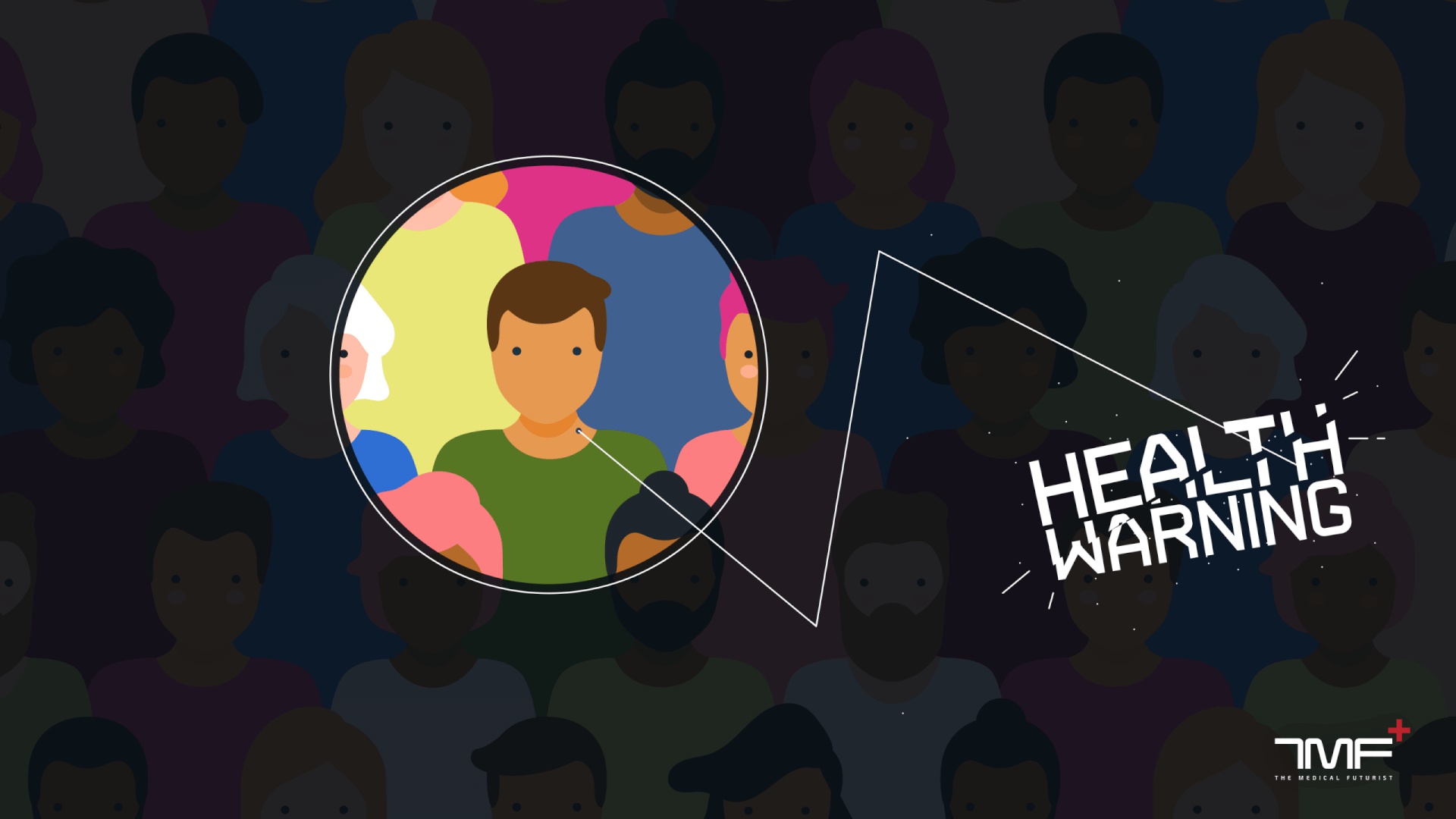
@ShahidNShah


Facial recognition technology is upon us. It has great merits but can also be used in a number of scary ways hurting our privacy. Facial recognition technology is here; it can be used to unlock phones and computers using your unique facial structure, but it can also unnervingly be used to identify you through surveillance cameras, which are frighteningly becoming more commonplace. In fact, Australian governments have been actively promoting the adoption of this technology using what The Guardian refers to as "creative justifications" including public transportation fees and government refunds. What about this technology's effects on healthcare, though?
Checkout photo management software with facial recognition.
Will it revolutionise the healthcare system or portend a future worthy of Black Mirror, from improved diagnosis of rare ailments to racial discrimination? In this post, we'll examine these issues and others as we walk you through the fundamentals of this popular technology.
Facial recognition technology has a number of potential uses in medicine and healthcare, including:
Continue reading at medicalfuturist.com
Through a new partnership with Cadence, the health system plans to launch a responsive virtual care and remote patient monitoring program at 30 hospitals and 200 care sites in six states over the next …
Posted Jan 10, 2023 Virtual Care Remote Patient Monitoring
Connecting innovation decision makers to authoritative information, institutions, people and insights.
Medigy accurately delivers healthcare and technology information, news and insight from around the world.
Medigy surfaces the world's best crowdsourced health tech offerings with social interactions and peer reviews.
© 2025 Netspective Foundation, Inc. All Rights Reserved.
Built on Dec 17, 2025 at 12:37pm